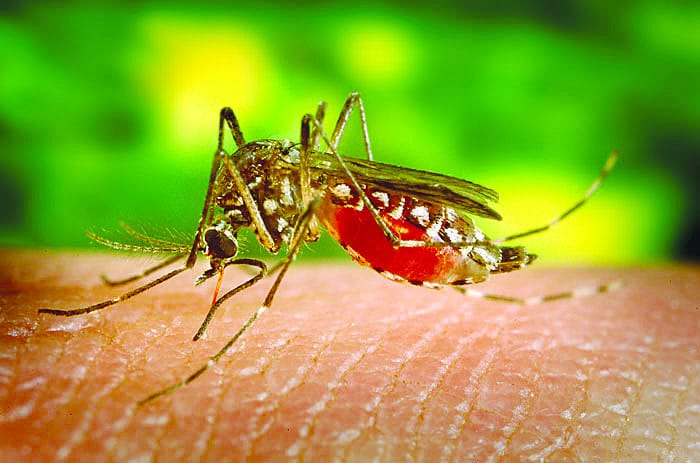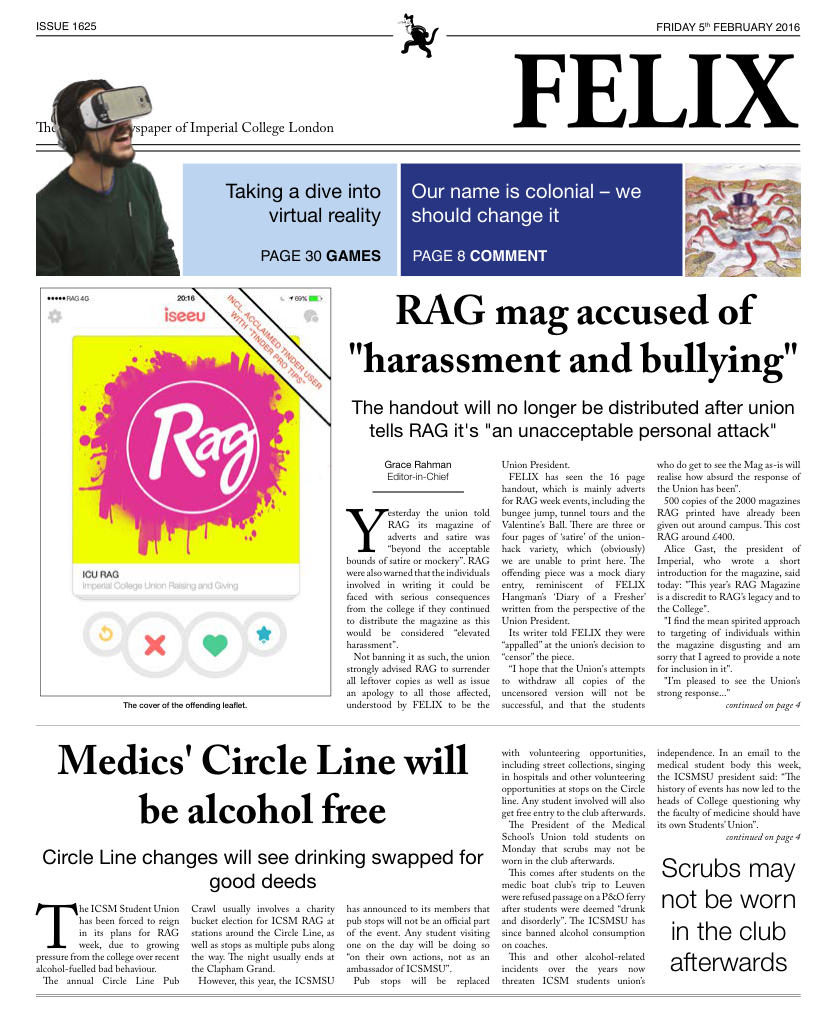Zika virus spurs global health emergency
Women should avoid getting pregnant until the end of 2017

In 1947, researchers uncovered a unique virus in macaque monkeys in the Zika Forest in Uganda, transmittable through the bite of infected Aedes mosquitoes, the same ones responsible for yellow fever and dengue.
Almost 20 years later, the namesake Zika virus was discovered in a human in Nigeria. Since then, it has been relatively rare in the infectious diseases world, with only a few occurrences and minor outbreaks in Africa, South East Asia, and Oceania. The infection itself is fairly short and mild, involving headaches, joint pains, pink eye, fever, and rashes. As it has been uncommon in humans and symptoms generally clear up in ten days with rest and fluids, no cure or vaccine has been developed for it.
However, there is now a novel outbreak since May 2015 which has seen a sharp parallel rise in cases of pregnant women infected with Zika virus and microcephaly – infants born with smaller-than-average heads and underdeveloped brains. Microcephaly can be potentially fatal if brain processes are not sufficient enough to allow for vital life functions, and even if they survive, they face intellectual disability and developmental delays.
The on-going outbreak is centered in Brazil and Latin America, with Brazil having over 400 confirmed cases and investigations of almost 4,000 on-going. Reports of occurrences also extend throughout almost all of the Americas, with the exception of parts of Canada and Chile where it is too cold for the mosquito. Cases have also been reported in Australia and Ireland of people who have travelled to Zika-infected locations and carried it back with them. It can also be passed on sexually from an infected person – a case of such has just been reported in Texas from someone whose partner had travelled to Venezuela and became infected. In response, the World Health Organisation (WHO) declared a global public health emergency on Monday, moving rapidly as a result of previous accusations that they were too slow to react to the Ebola crisis. This quick action allows governments to standardise surveillance of new cases globally, and to mobilise funds and research.
However, the WHO has said it could take up to nine months to definitively prove the link between Zika and microcephaly, and that it was “strongly suspected but not scientifically confirmed”. Control studies will start in the next two weeks, which is important since we know very little about the Zika virus because of its rarity in humans. A rapid global response by the scientific and health community – catalysed by the WHO’s declaration – should let us get ahead of the virus’ spread, which is predicted to see four million cases by the end of the year.
If the disease does continue to spread and is linked to microcephaly, it seems like one of the best options available will also be to just eradicate the Aedes mosquito, which was almost successful in South America in the 1960’s.
Still, some countries have issued travel advisories for pregnant women not to go to infected areas, and even for women to avoid getting pregnant until the end of 2017. Until we get a grasp on it, people are otherwise advised to take care to prevent mosquito bites and avoid semen from individuals who have been infected.







